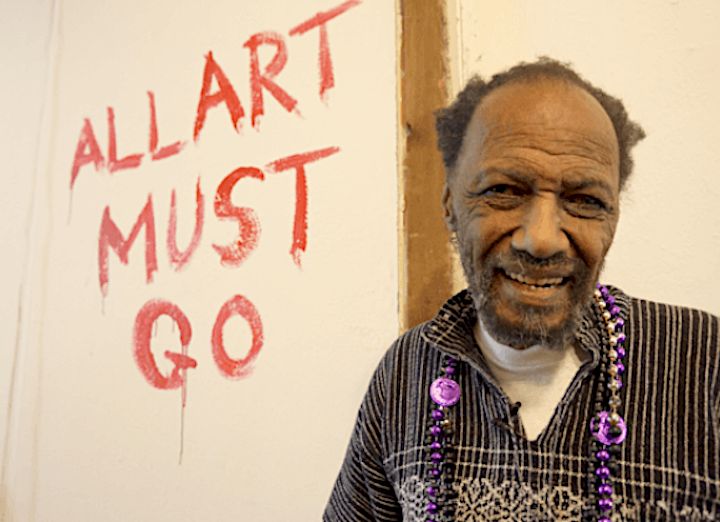Joined by Alexandria Johnson, Tracie Morris, and Amber Rose Johnson, Al Filreis hosts this discussion of six short poems or sections from the long poem Zong! by M. NourbeSe Philip. The sections discussed are numbered 2, 3, 6, 11, 21, and 26. They can be found, respectively, on pages 5, 6, 14, 20, 37, and 45 of the Wesleyan edition of the book, published in 2008. NourbeSe Philip’s PennSound author page includes several compelling performances of Zong! given over the years. For this PoemTalk episode we listened to a Segue Series reading at the Bowery Poetry Club, given on February 17, 2007.





